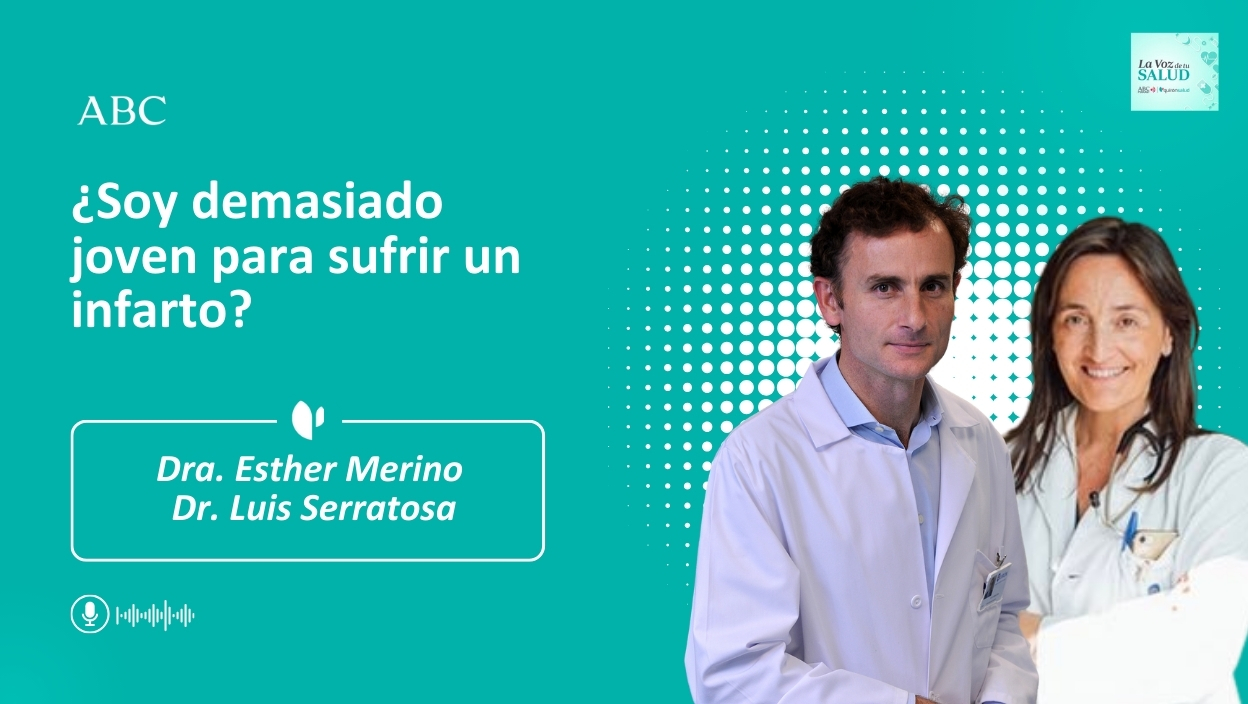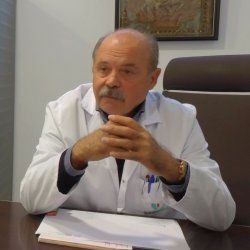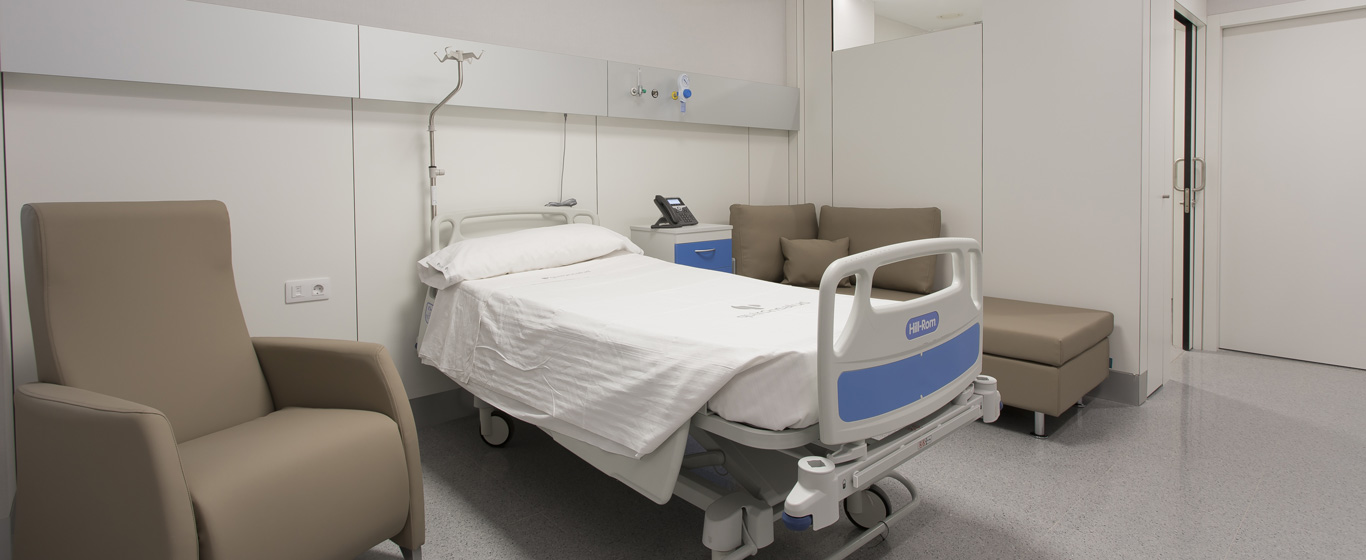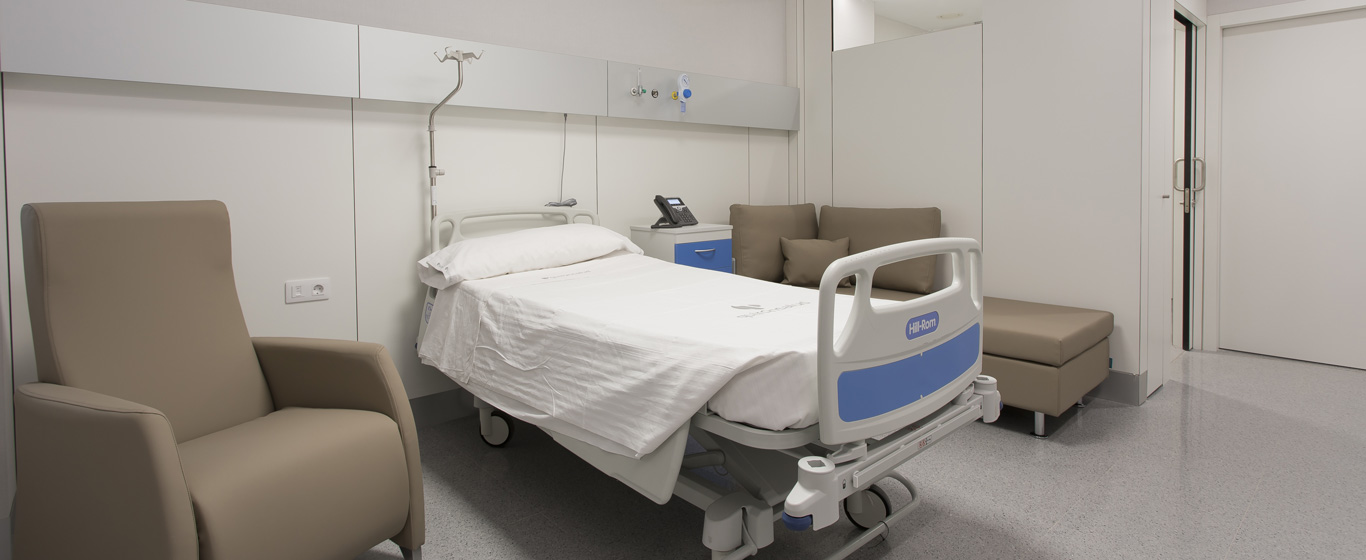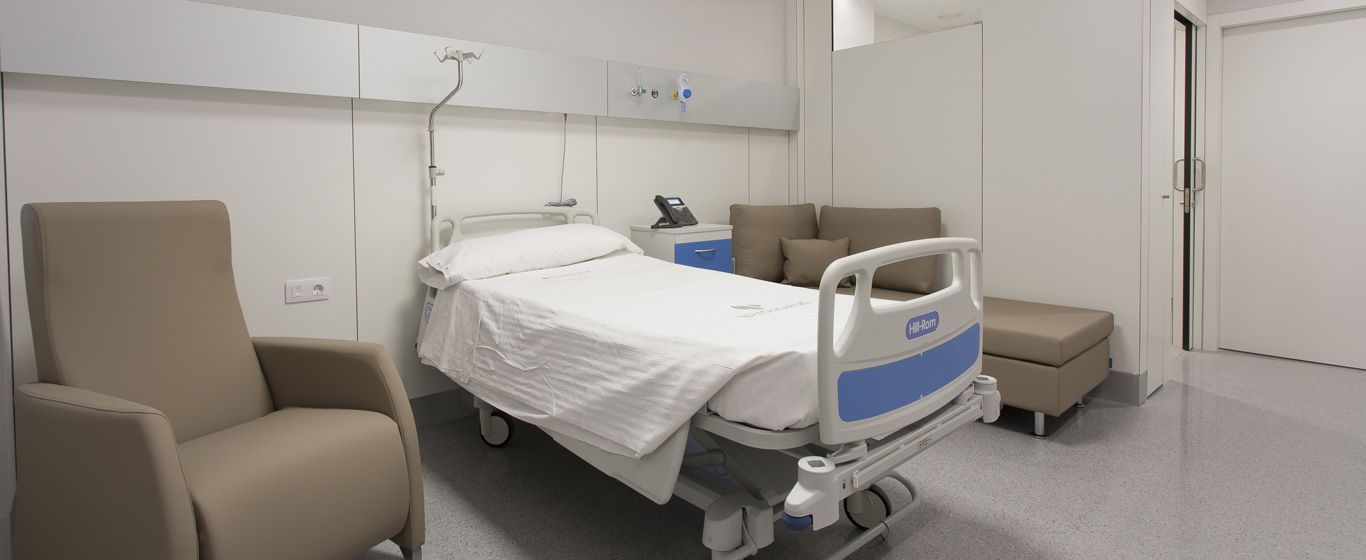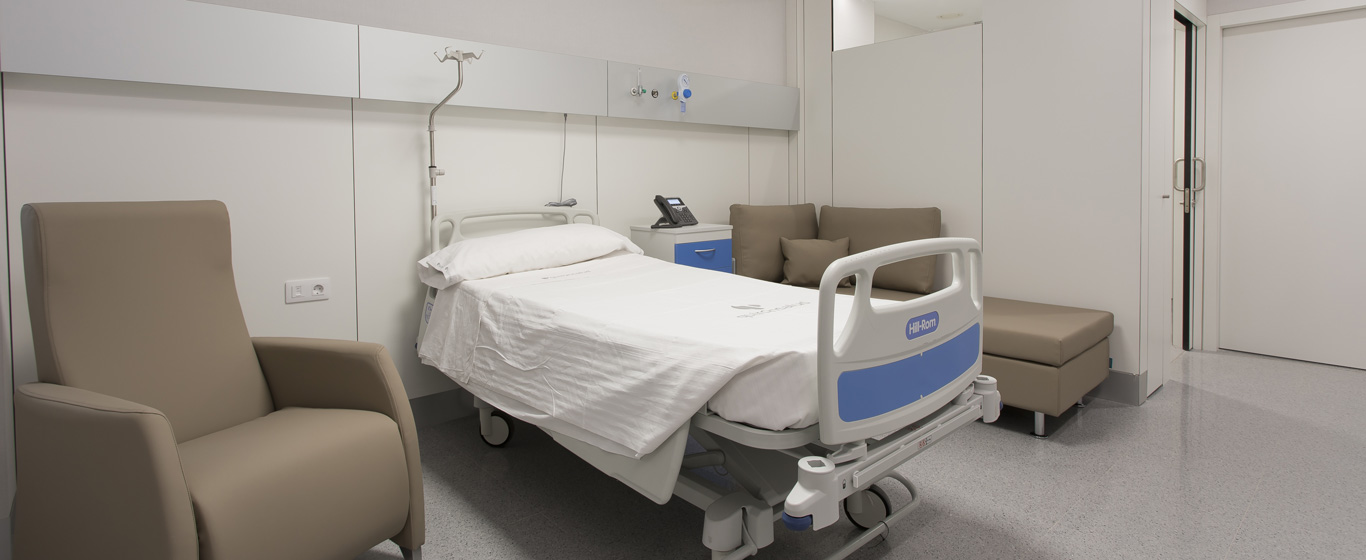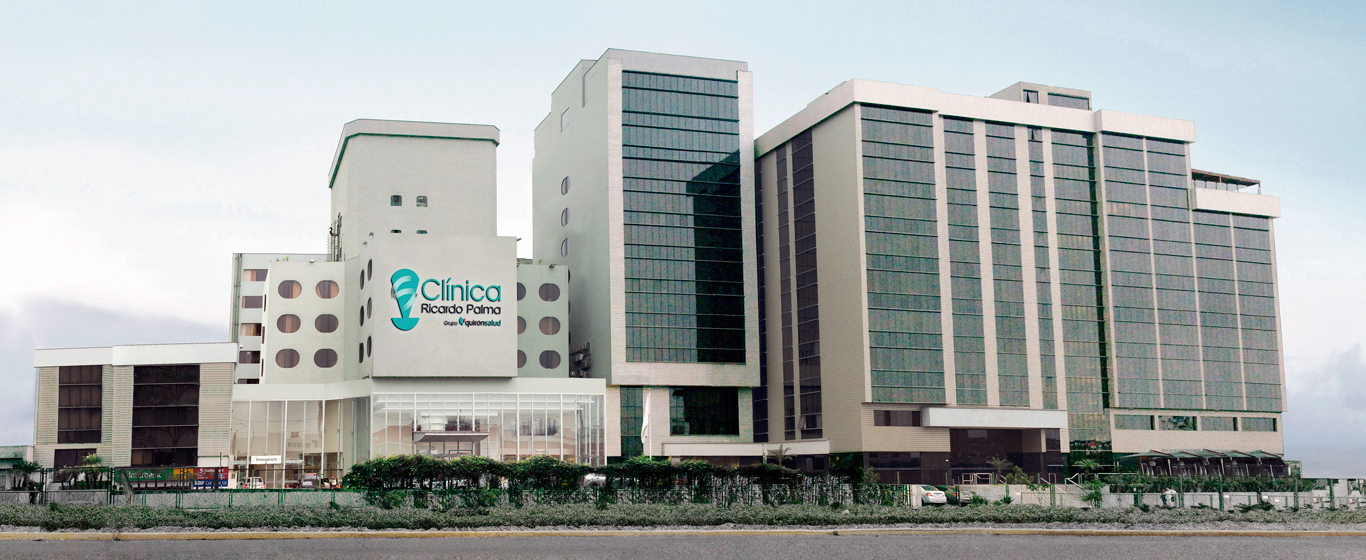Cardiology
Find out all there is to know about cardiology, its field of study, the most common diseases and the tests that are commonly requested. We will also tell you what to expect from a consultation with a cardiologist. Book your appointment at one of our hospitals.

What is cardiology?
Cardiology is a medical-surgical branch that focuses on the diagnosis and treatment of heart disease
In addition to treating common pathologies such as arrhythmias, heart failure or ischaemic heart disease, cardiology controls the risk factors that can lead to heart or blood vessel disease, such as hypercholesterolemia, obesity or hypertension. Therefore, it also plays an important role in the prevention of these types of pathologies.
What does cardiology study?
Cardiology focuses on the identification and diagnosis of heart disease in order to provide suitable, personalised treatment for each patient.
When necessary, the patient is referred to the cardiovascular surgery unit to undergo the necessary procedure to treat their symptoms. At Quirónsalud we have a large number of cardiologists who are experts in all the different areas of the speciality in order to offer specific care in each case:
- Acute cardiovascular care (ACVC): treats patients with severe cardiac pathologies who are in a critical state due to a myocardial infarction, severe arrhythmias or acute heart failure.
- Haemodynamics: carries out an anatomical and functional study of the heart using minimally invasive techniques to diagnose and treat diseases of the coronary arteries, heart valves or congenital defects.
- Arrhythmia unit: studies heart rhythm disorders and treats certain types of arrhythmias (atrial fibrillation, paroxysmal supraventricular tachycardia) by means of ablation. It can also involve the insertion of intracardiac devices (pacemakers, defibrillators, resynchronisers).
- Diagnostic imaging: uses non-invasive techniques to detect or rule out coronary diseases and malformations, as well as for post-surgical follow-up through high-quality imaging.
- Heart failure unit: treats patients who require regular treatment for heart failure. This unit carries out continuous, exhaustive monitoring of patients, adjusting medication to their needs in order to reduce symptoms and improve their prognosis.
- Cardio-oncology: treats the heart of cancer patients in order to prevent, or minimise, cardiovascular disorders that may be triggered by certain cancer treatments.
- Paediatric cardiology: studies and treats heart disease in patients under 14 years of age.
- Cardiac rehabilitation: essential in the treatment after an acute cardiovascular event (heart attack, heart failure) as a key part of the treatment.
- Valve disease unit: responsible for the diagnosis, treatment and follow-up of patients suffering from valve diseases.
- Inherited heart disease unit: a new subspeciality that aims to diagnose and treat familial, inherited and possibly genetic heart disease.
Which patients is it for?
Cardiology focuses on the treatment of diseases affecting the heart. In addition, it seeks to prevent such diseases through exhaustive monitoring of patients with physical characteristics, pathologies, or risk factors that can lead to a heart disorder, such as diabetes and hypertension.
Techniques, procedures and diagnostic methods
Our cardiology unit uses a wide range of innovative techniques and procedures which, thanks to technical advances, are increasingly more accurate. Some of the most commonly used include:
- Computerised axial tomography (CAT): images the chambers of the heart and coronary arteries to detect possible abnormalities or narrowing that may pose a risk.
- Electrocardiogram (ECG): records the electrical activity of the heart over a certain period of time and detects possible heart problems.
- Catheterisation: by inserting a flexible tube through a blood vessel from the groin to the heart, this procedure provides information on the condition of the arteries, valves and heart muscle.
- Coronary angioplasty and stents: procedures that improve blood flow by opening arteries and sometimes placing a mesh tube (stent) that minimises the risk of re-narrowing.
- Ergometry or stress test: assesses the heart’s response to physical exercise. To do this, an electrocardiogram is taken while the patient performs an exercise that progressively increases in intensity.
- 2D and 3D echocardiogram
- 2D and 3D transoesophageal echocardiogram
- Holter
- Cardiac MRI
Diseases and symptoms
Main pathologies and diseases
Some of the diseases treated in the cardiology consultation include:
- Atrial or ventricular fibrillation
- Heart arrhythmia
- Heart failure
- Brugada syndrome
- Marfan syndrome
- Pulmonary embolism
- Myocardial infarction.
- Angina pectoris
- Ischaemic heart disease
- Mitral valve disease
- Aortic valve disease
- Sudden death
- High blood pressure
Symptoms related to coronary heart disease
Symptoms of coronary heart disease can vary widely, especially between men and women. However, the most common are:
- Syncope or fainting
- Tachycardia
- Palpitations
- Bradycardia
- Pain or tightness in the chest
- Chest burning
- Sternum pain
- Headache and dizziness
- Difficulty breathing
- Leg swelling or oedema
- Cold sweats
- Fatigability.
About the cardiology consultation
We solve any doubts you may have before you see the specialist
During the cardiology consultation, the physician will carry out a personalised assessment of the patient, including a medical history and an evaluation of symptoms and risk factors. A physical examination will then be performed and additional tests will be requested if necessary, to achieve an accurate diagnosis for each patient.
What should you keep in mind?
We believe that caring for your heart is essential, as heart disease is one of the leading causes of death in adults. It is therefore highly advisable to monitor your cardiovascular system. However, it is vitally important to see a cardiologist if you have a family history of heart disease, if you suffer from diabetes, if you have high blood pressure or cholesterol, if you are a smoker or if you suffer from any of the symptoms listed in the previous section.
What should I take to the appointment?
So that both patient and specialist can make the most of the appointment with the cardiologist, we advise you to take a list of the symptoms and the questions and doubts that you wish to consult. It is also advisable to bring the reports of all treatments or tests that have been carried out previously in order to be able to offer an analysis and subsequent personalised diagnosis.
You may receive a questionnaire a few days before your appointment asking about your medical history, usual medication and other specific questions that will allow us to anticipate certain aspects of your consultation, helping us to expedite and personalise your care. To do this, we recommend that you download the free Quirónsalud Patient Portal application, which will facilitate communication with your healthcare team.

If you have any further questions, please contact us through the Patient Services telephone number: 900 301 013



